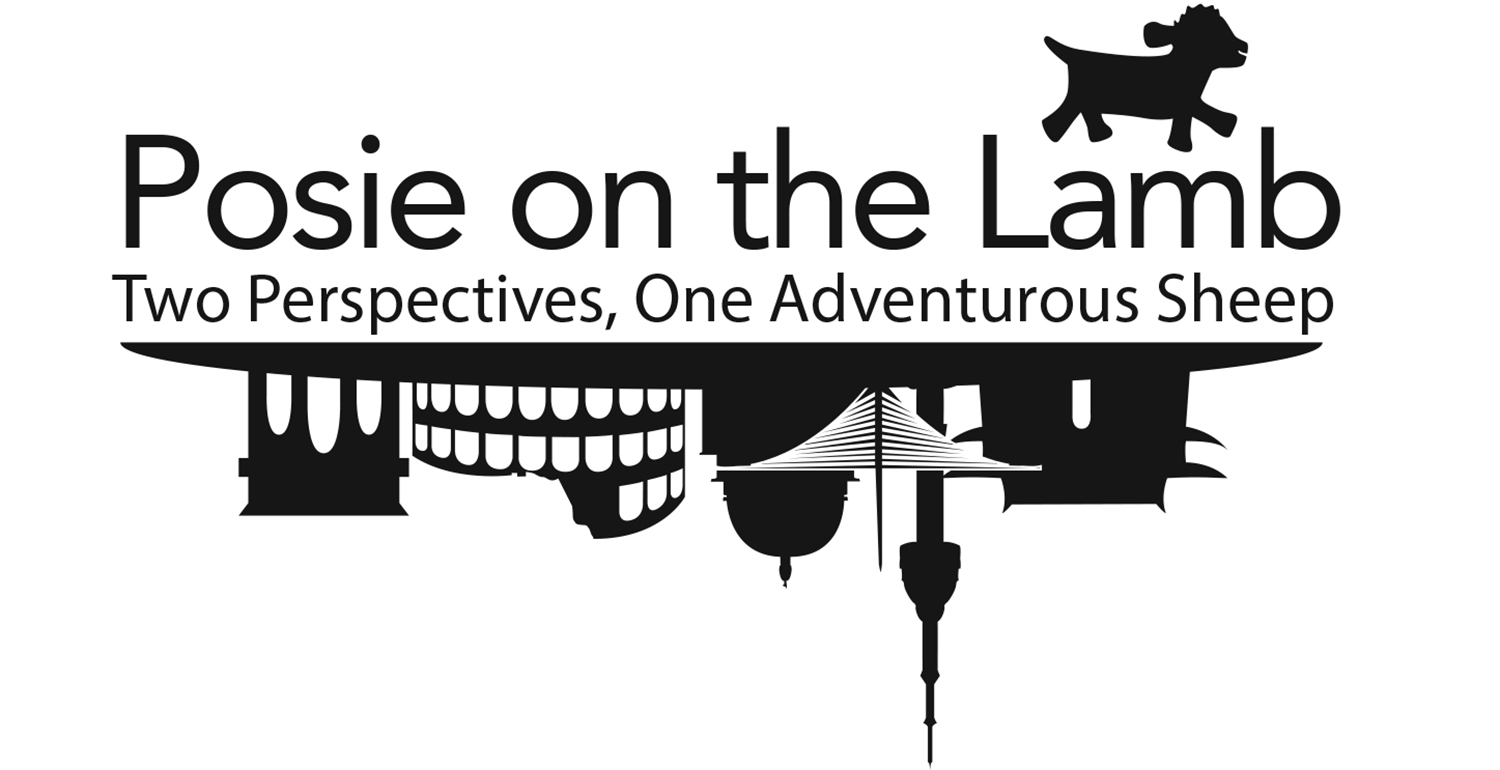Pee Is Thicker Than Water

I came into the classroom to find my students clumped in a circle, shouting and staring at something on the ground. “Teacher, teacher!” A squad detached to pull at my arms. “Hannah cry! Pee, pee!”
I sighed and dropped my books on a desk. Like I wanted to deal with a floor-wetting. I waded into the circle of kids, and found a sobbing girl sitting on the floor in a small puddle. It took a few seconds to process what I was seeing. The puddle was bright crimson, fed from the stream leaking from her nose.
It turns out ‘pee’ (피) is Korean for ‘blood.’
Since that day, I’ve used this knowledge mostly for my own juvenile amusement during conversations with my students.
“Be nice to your brother. Pee is thicker than water.”
“A band-aid? Why? Are you peeing?”
“Pablo, stop stabbing Olive with that pen! She’ll pee.”*
I feel justified in this because the Korean language hasn’t been very nice to me lately. Frankly, it’s been a complete butt. Mostly because there aren’t enough words.
It’s not that I don’t know enough words. (That’s totally true, but it’s a separate problem called Erin Never Studies.) It’s not that there aren’t enough words to know—with seven levels of honorifics to choose from, I promise that’s not an issue. It's that there aren’t enough words available to cover all the nouns.
So they share.
Cha (차), for example, means both “car” and “tea.” Noon (눈) can mean “eye” or “snow.” Beh (배) could be ”pear,” “stomach,” or “boat.” She (시) is an “hour,” “city,” or “verse of poetry.” **
Notice anything? Like the fact that these are all common nouns?
Seriously, Korea, what gives? If you have to double things up, couldn’t you at least pair each everyday word with something obscure? Why not “car” and “haberdasher”? “Snow” and “petomane”? Something to give me a fighting chance?
Grammatically, there’s no distinguishing between nouns, and if you speak caveman Korean like me, context is a non-starter. The nouns are usually the only part of a sentence I recognize. So while this handily doubles my vocabulary, it also means I have to gamble on any interpretation. It’s like a choose your own adventure book.
My nemeses are Boon (분) and Bun (번). Boon means either "minute" or "person." So if a student runs into my office to say “Teacher, English class, 2 boon,” it could mean I have a class in two minutes or that two people will attend. Who knows? It adds a zesty unpredictability to the day.
Bun, aside from sounding juuust close enough to Boon to confuse me, refers to a number or an item that is numbered. This sounds confusing, but picture it this way. Imagine you are checking the answers to a multiple choice test with your class. To tell students you are talking about question number one, you say "1 bun." Then when you're describing the answer (let's say it's the first choice, just for fun), you say "1 bun" again. This ends up sounding like you're having trouble counting your baked goods:
“1 bun 1 bun, 2 bun 3 bun, 3 bun 2 bun, 4 bun 2 bun…”
Let me stress that this is not Erin-style Korean Lite. This is how Korean teachers sound when they grade their tests with the class. And even though I'm generally lost, the students don't have a problem following along.
English has the opposite problem, of course. There are so many words, synonyms, and shades of meaning that you might never run out of new things to learn. I am grateful I don’t have to deal with that kind of nonsense. Even so, I’m increasingly certain I'll never absorb enough Korean to sound like an adult.
Of course, my fascination with the word “pee” might not be helping that cause.
-Erin
*In the interests of keeping you informed, the Korean for pee is oh-joom (오줌). **I wrote all Korean words as they’re pronounced, not as they’re actually Romanized.
